Imagine losing memories of your loved ones or gradually forgetting parts of yourself! These are among the most terrifying consequences of dementia. But a specific diet promises to significantly reduce the risk. Here are the 10 most important foods that can protect your brain, according to the MIND diet.
Leafy Greens
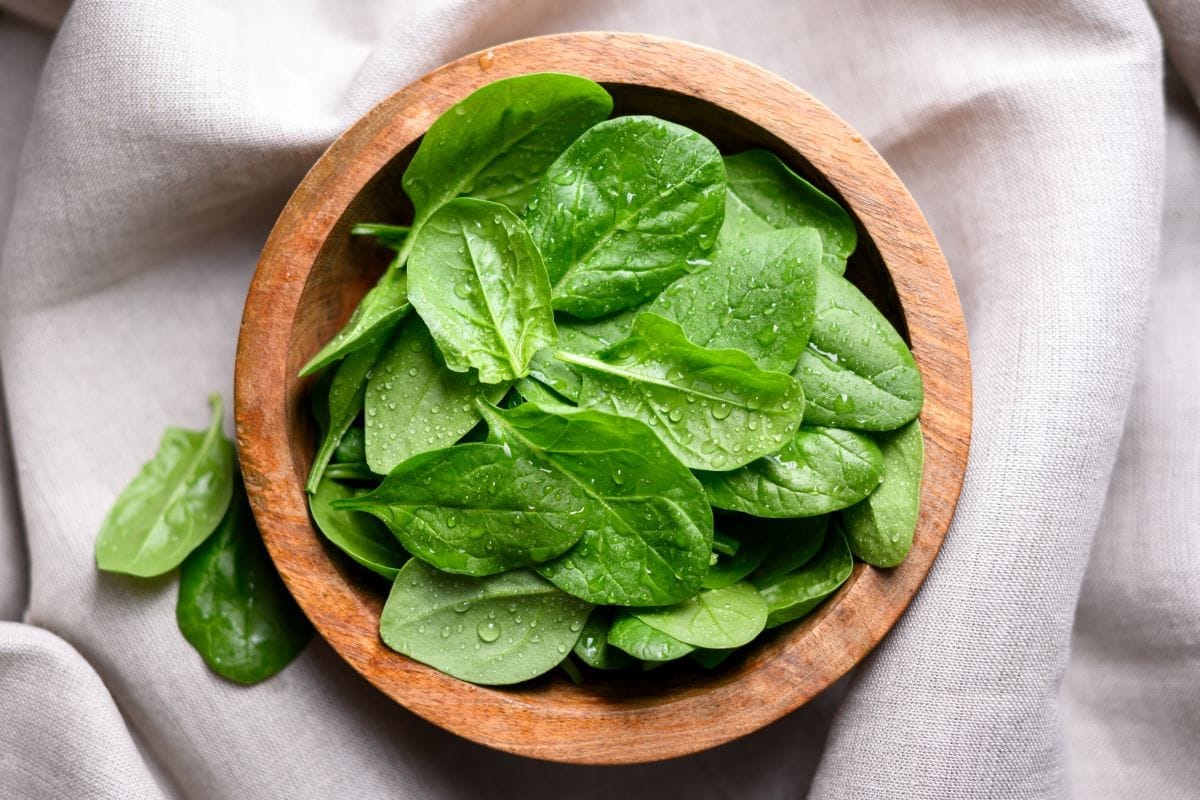
Spinach, kale, and other dark green vegetables are a brain’s best friend. They’re packed with vitamins and antioxidants that protect brain cells from damage. For best results, you should eat at least six servings of these vegetables per week.
Other Vegetables
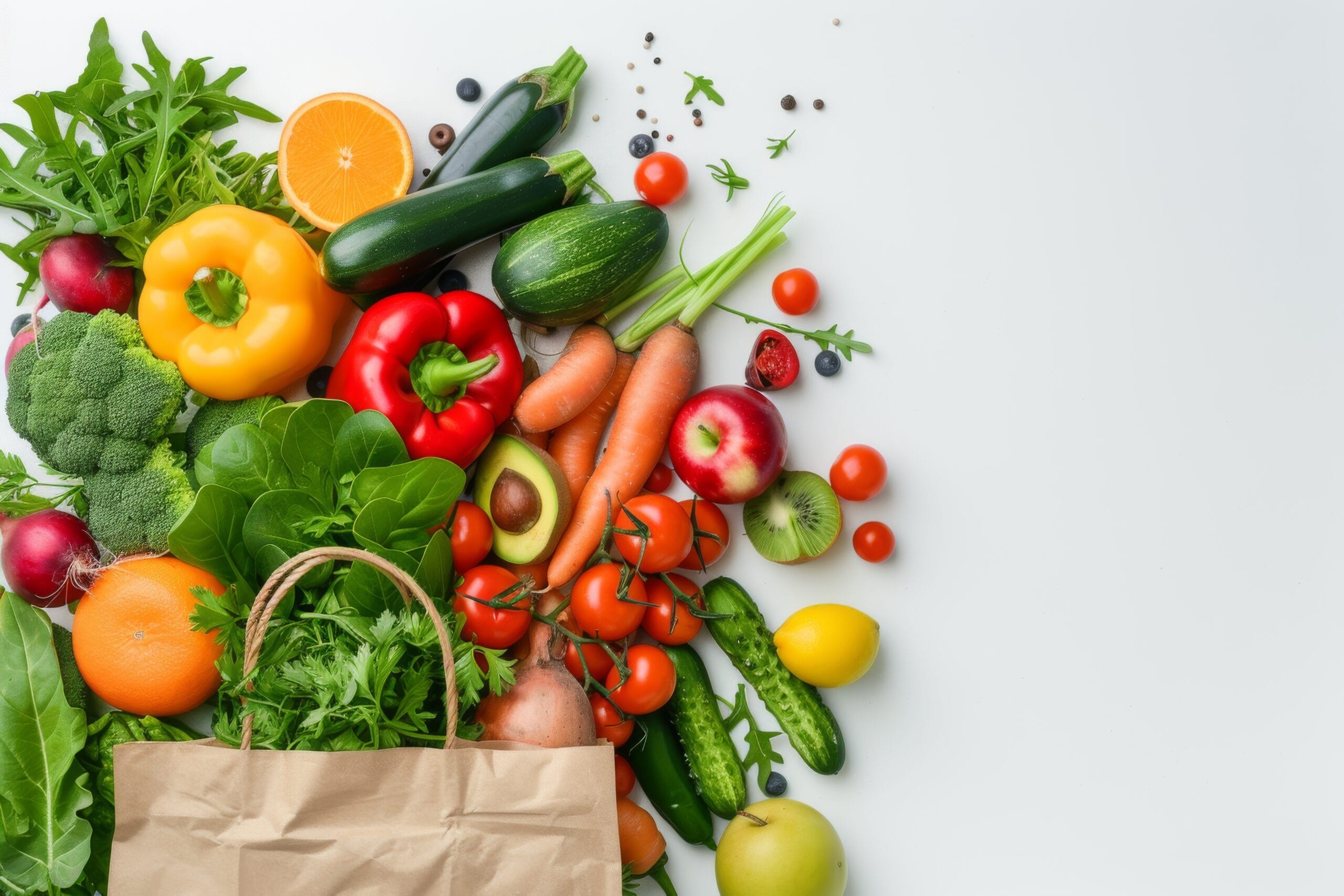
In addition to leafy greens, it’s important to include a wide variety of vegetables in your diet. Peppers, tomatoes, and carrots are rich in nutrients that can strengthen memory and support brain function. Aim to eat vegetables daily.
Berries
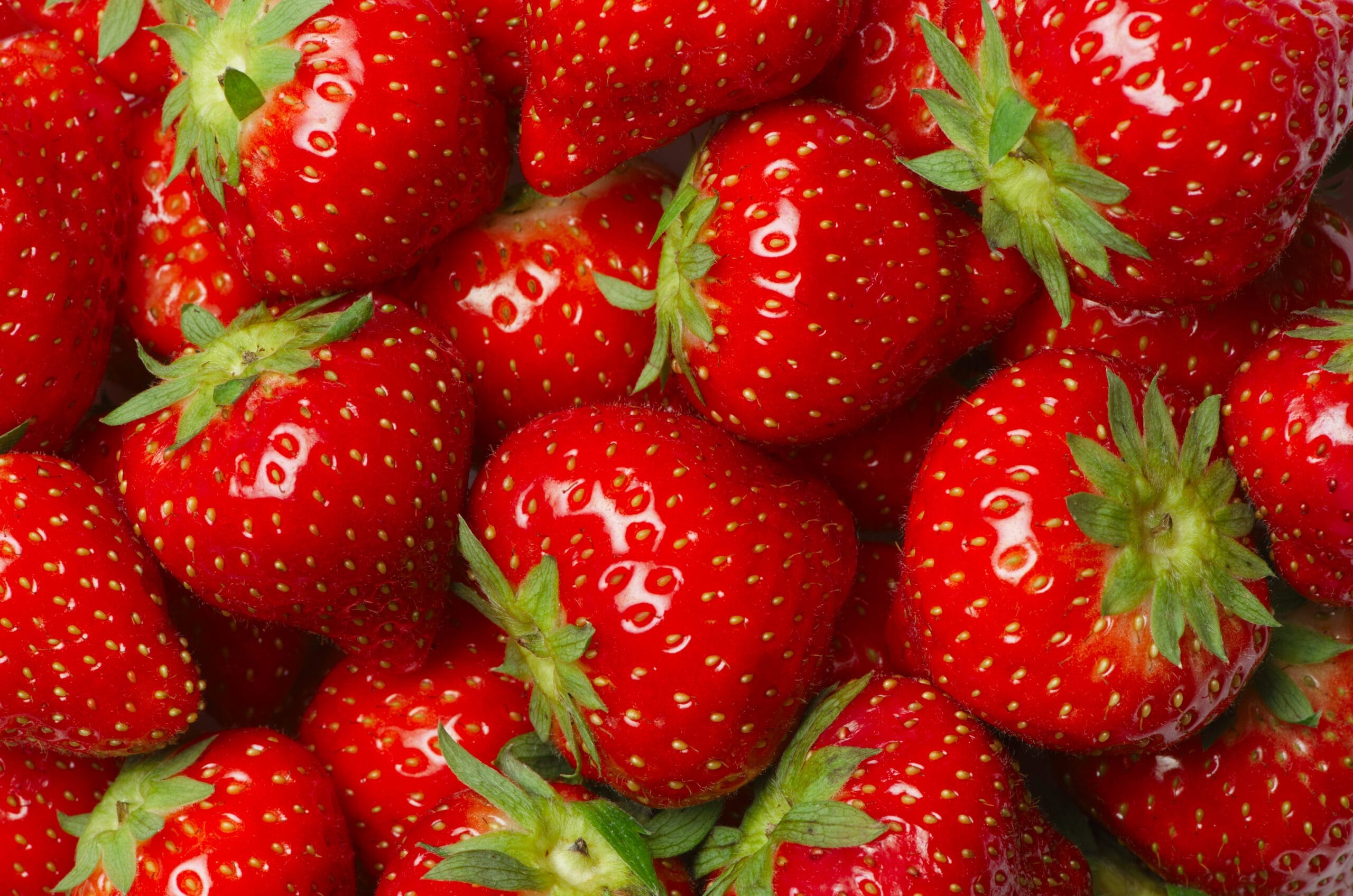
Blueberries and strawberries are particularly recommended as they’re full of antioxidants that protect the brain from inflammation and aging. A couple of handfuls of berries twice a week can make a huge difference to your brain health.
Nuts
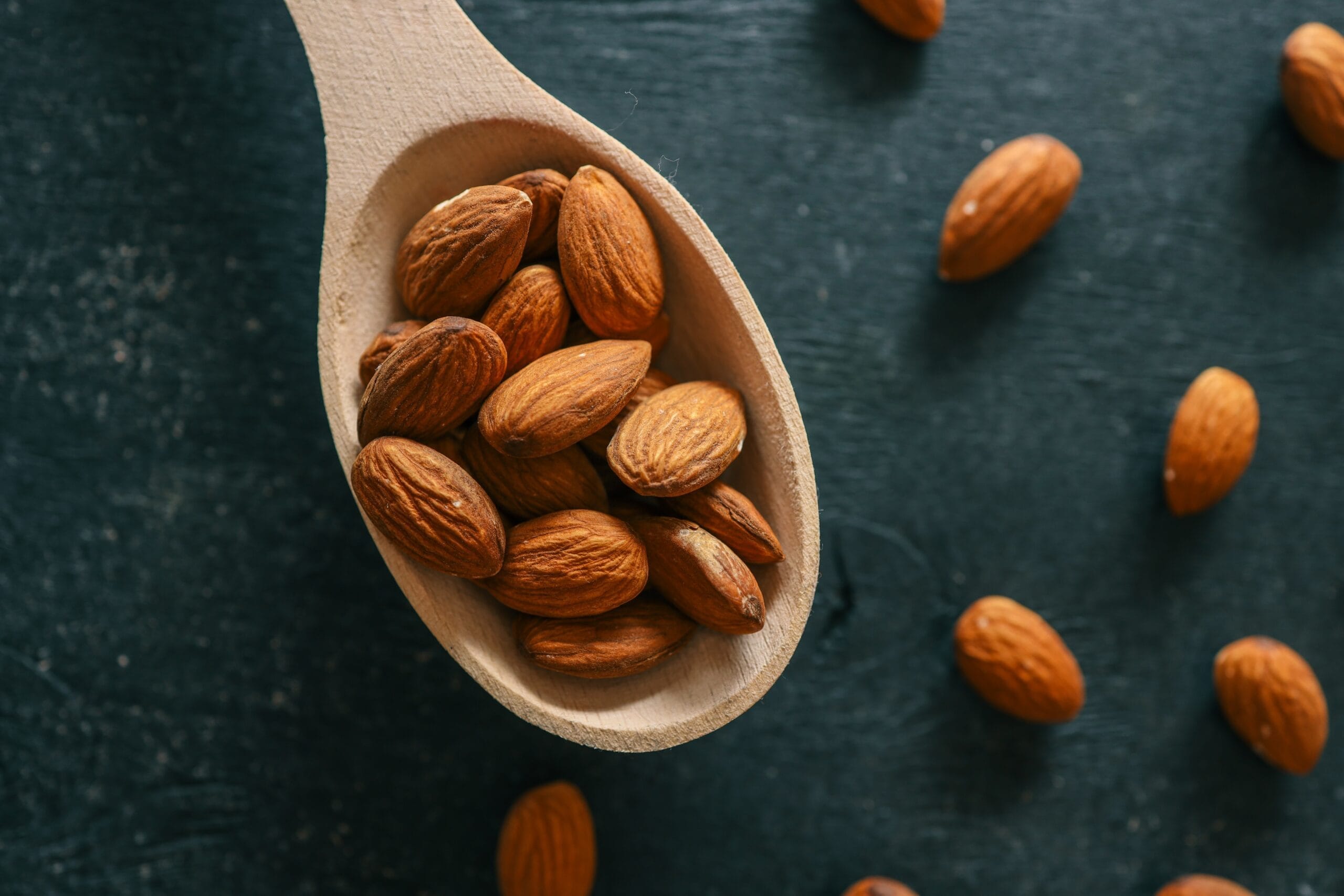
A handful of nuts a day is a simple way to boost brain health. Walnuts and almonds are especially good choices as they contain healthy fats and vitamin E, which can reduce the risk of dementia. Five times a week is the recommended amount.
Whole Grains
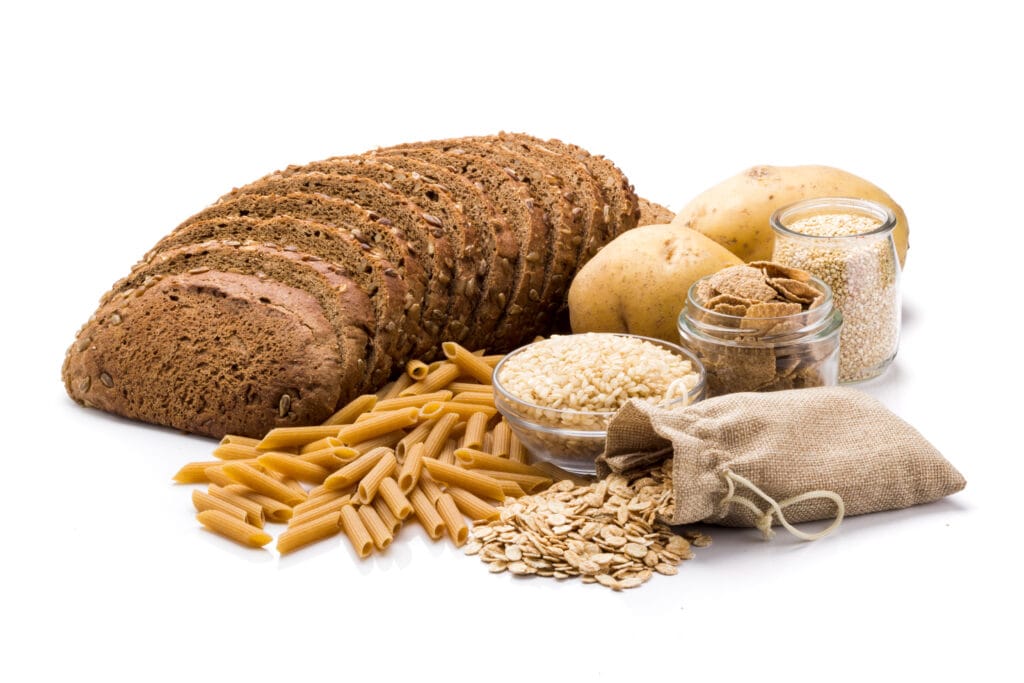
Oats, brown rice, quinoa, and whole-wheat pasta provide the brain with the necessary energy to function optimally. These foods also help keep blood sugar stable, which is crucial for keeping the brain sharp. Consume whole grains daily for best effect.
Fish
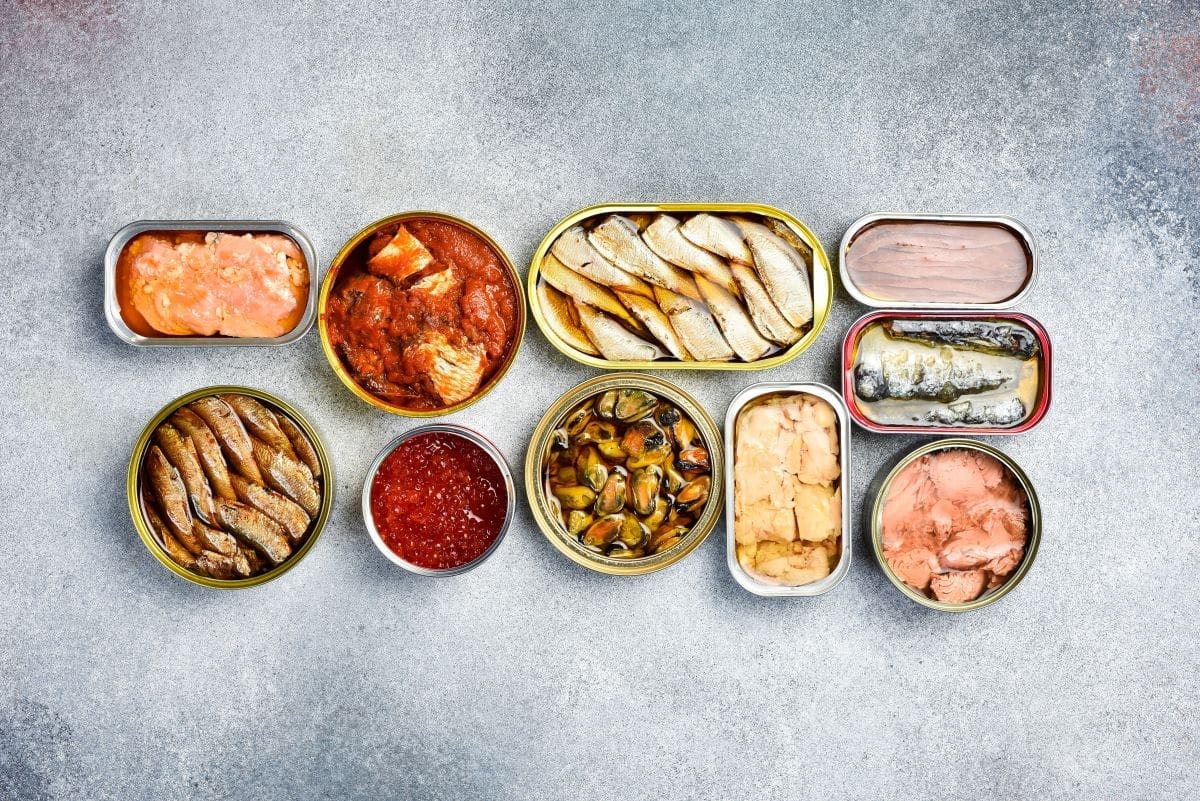
Fatty fish like salmon, mackerel, and sardines are a great source of omega-3 fatty acids, which are essential for brain health. Researchers recommend eating fish at least once a week to reduce the risk of dementia.
Poultry

Chicken and turkey are good sources of lean protein and B vitamins that help maintain a healthy brain. Poultry should be included in meals at least twice a week to get the desired effect.
Beans
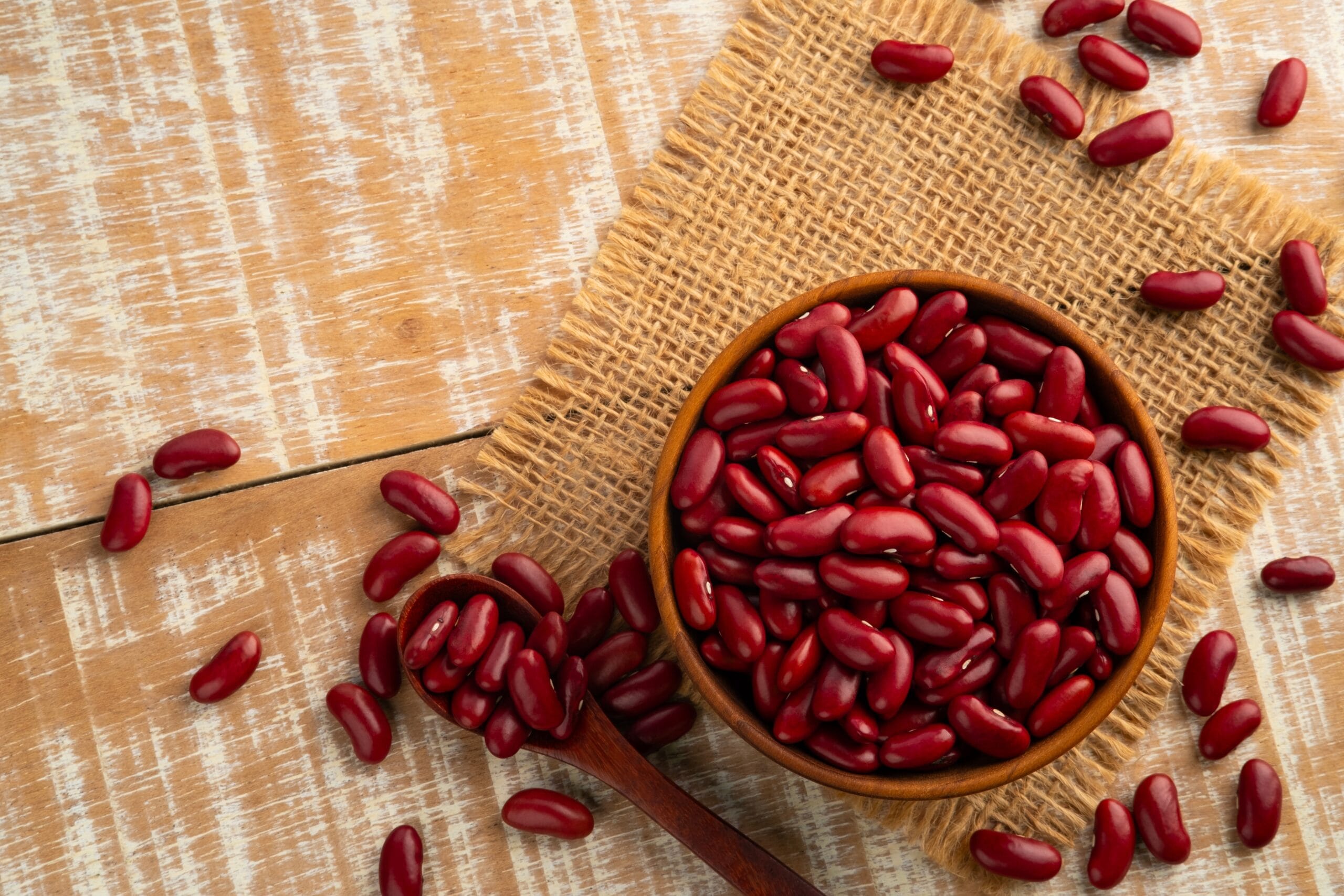
Legumes such as lentils, chickpeas, and black beans are packed with fiber, protein, and healthy carbohydrates that provide the brain with energy. Three or more servings a week are recommended as part of a brain-friendly diet.
Olive Oil

Olive oil is one of the healthiest fat sources you can choose. It’s rich in healthy fats that protect the brain from inflammation and damage. Use olive oil as your primary oil for cooking and dressings.
Wine

Moderate consumption of red wine can actually help protect the brain, thanks to the antioxidants found in grapes. A single glass a day is enough to achieve the protective effects, but it’s important to drink in moderation.
The article is based on information from B.T. og The Telegraph.
